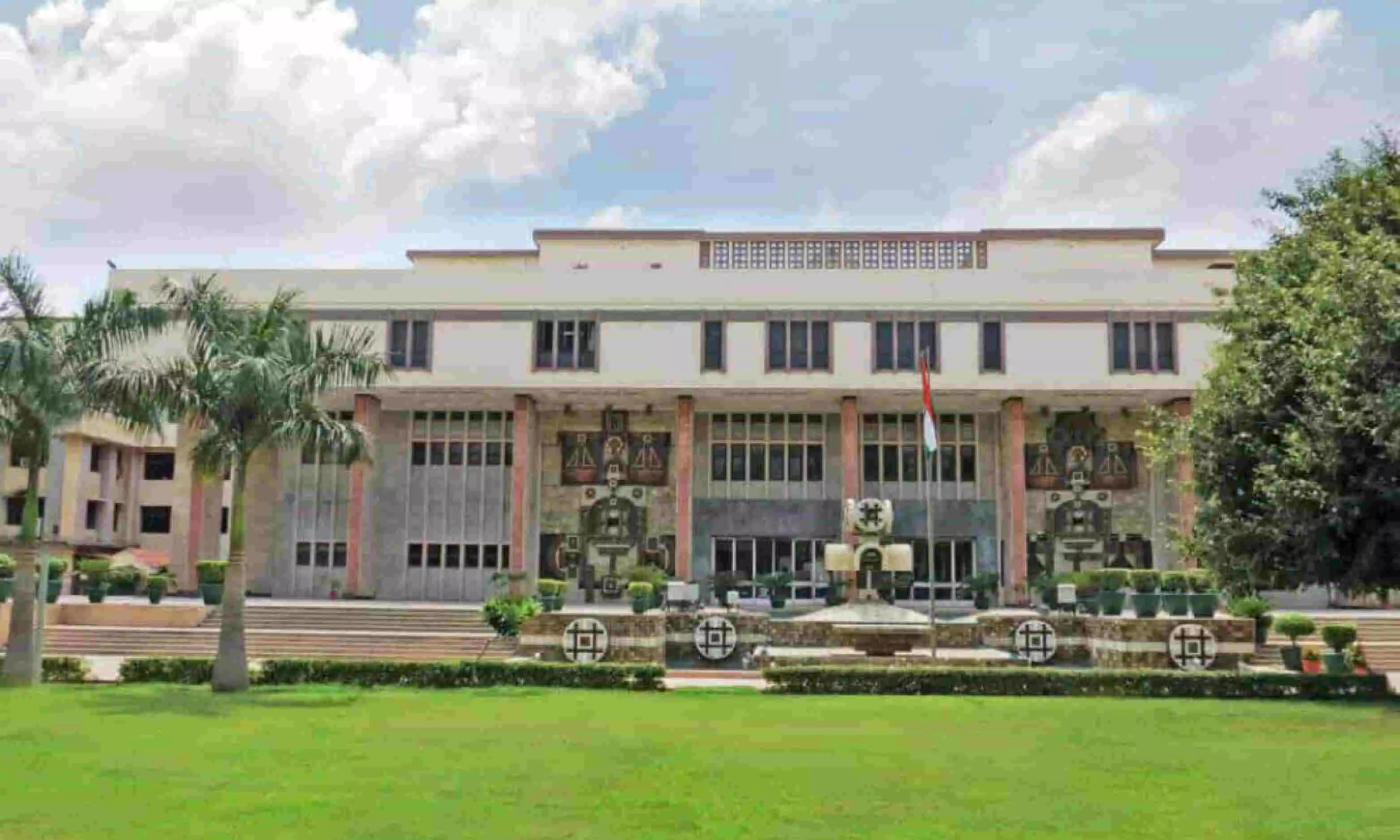
Successful Resolution Applicant Cannot Be Foisted With Any Liabilities Other Than Those Specified In Resolution Plan: Delhi HC Quashes IT Reassessment Notice
 |
|The Delhi High Court reiterated that a successful resolution applicant cannot be foisted with any liabilities other than those which are specified and factored in the resolution plan.
The Court quashed a reassessment notice issued to Asian Colour Coated Ispat Limited (ACCIL) under Section 148 of the Income Tax Act, 1961, (the Act) relating to the assessment year (AY) 2014-15.
A Division Bench of Justice Yashwant Varma and Justice Ravinder Dudeja observed, “Viewed in the aforesaid light, it is manifest that it is the view taken by this Court in M Tech Developers, Sree Metaliks and Rishi Ganga Power Corporation which would prevail and lead us to the inevitable conclusion that the reassessment action would not sustain…We, accordingly, allow the instant writ petition and quash the impugned notice under Section 148 for A.Y. 2014-15 dated 31 March 2021.”
Advocate Kavita Jha appeared for the petitioner, while SCC Abhishek Maratha represented the respondents.
The State Bank of India filed an application under Section 7 of the Insolvency and Bankruptcy Code, 2016 (IBC) in 2016. The National Company Law Tribunal (NCLT) admitted this application marking the commencement of the Corporate Insolvency Resolution Process (CIRP) and the appointment of an Interim Resolution Professional (IRP). This process included the enforcement of a moratorium under Section 14 of the IBC, halting all legal proceedings against the company, including those related to taxes.
During the CIRP, the Committee of Creditors (CoC) received and approved a resolution plan from JSW Steel Coated Products Limited on June 28, 2019. The NCLT later sanctioned this plan on October 26, 2020. ACCIL notified the Income Tax Department of this approval in December 2020.
However, despite the resolution plan's approval, the Assistant Commissioner of Income Tax issued a notice on March 31, 2021, under Section 148, seeking to reassess the company's income for the year 2014-15, alleging an escape of income worth ₹5,124 crores. ACCIL challenged this notice, arguing that under Section 31 of the IBC, once a resolution plan is approved, it binds all creditors, including tax authorities, and extinguishes any claims related to the period before the plan's approval.
The High Court noted the petitioner’s argument on the implications of Section 31 of the IBC, which states that once the NCLT approves a resolution plan, it becomes binding on all stakeholders, including governmental authorities.
The petitioners had relied on a Co-ordinate Bench’s decision in M Tech Developers Pvt. Ltd. v. National Faceless Assessment Centre (2024) where it was held that a successful resolution applicant cannot be foisted with any liabilities other than those which are specified and factored in the resolution plan and which may pertain to a period prior to the resolution plan itself having been approved.
Consequently, the Court accepted the stance of the petitioner relying on M Tech Developers (supra) and stated that it led to the “inevitable conclusion that the reassessment action would not sustain.”
Accordingly, the High Court allowed the petition.
Cause Title: Asian Colour Coated Ispat Limited v. Assistant Commissioner Of Income Tax & Anr. (Neutral Citation: 2024:DHC:5804-DB)
Appearance:
Petitioner: Advocates Kavita Jha and Himanshu Aggarwal
Respondents: SCC Abhishek Maratha; JSC Parth Semiwal and Apoorv Agarwal; Advocates Nupur Sharma, Manav Goyal, Gaurav Singh, Divya Verma and Bhanukaran Singh Jodha